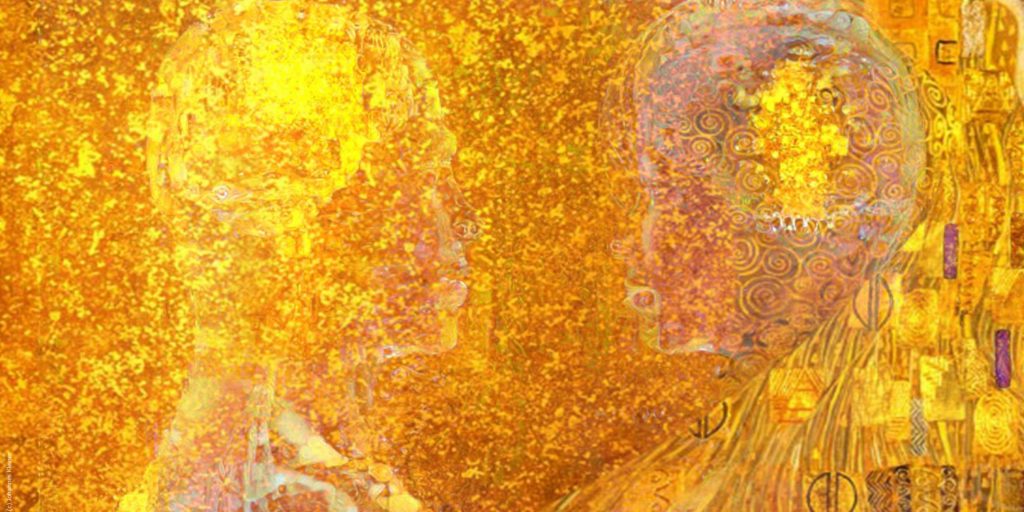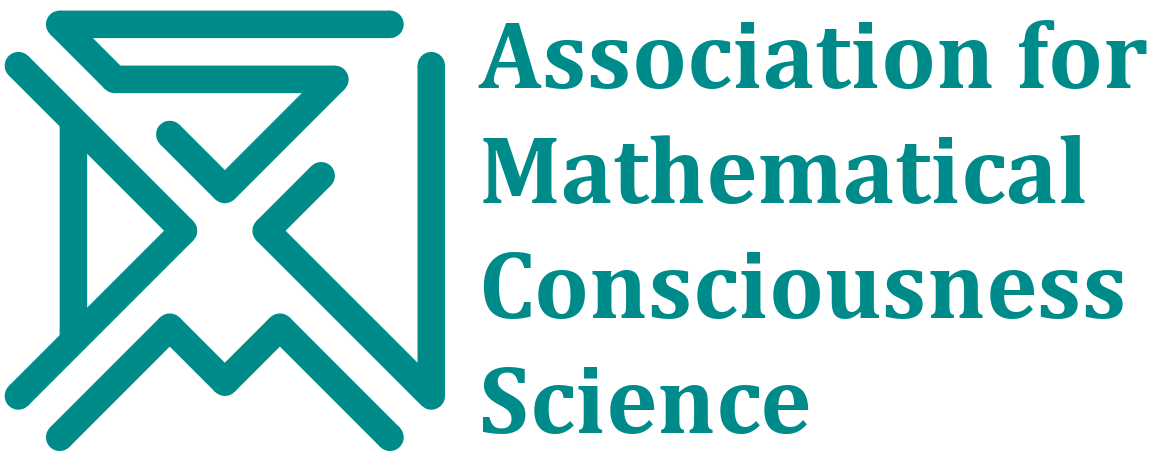Mathematical Consciousness Science (MCS) refers to the application and study of mathematical methods related to the scientific investigation of consciousness. It comprises, among other things, the following topics.
Mathematical Structure of Models of Consciousness
Models of consciousness are hypotheses about how consciousness relates to the physical domain. Various different and competing models exist, for example Integrated Information Theory, Global Neuronal Workspace Theory, Predictive Processing Theory, Higher Order Thought Theory or Orchestrated Objective Reduction Theory and others. Mathematical Consciousness Science aims to analyse and improve the mathematical structure of these and similar proposals. MCS aims to illuminate similarities or contradictions between them, to derive new predictions, to help overcome theoretical and conceptual problems and to cast existing models in a more rigorous form. It also aims to develop new proposals that rest on previously unconsidered metaphysical, formal or conceptual assumptions.
Models of consciousness are also referred to as theories of consciousness, cf. our wiki page for disambiguation.
Mathematical Structure of Experience Space
Being hypotheses about consciousness and its relation to the physical domain, models of consciousness need to refer to both a formal description of a physical system and a formal description of conscious experience. But which mathematical structure should this formal description utilize?
Mathematical Consciousness Science aims to help answer this question by establishing links between formal structures and concepts that have been developed in the philosophy of mind and within phenomenology. It aims to fuel analysis of the various answers provided by contemporary models of consciousness and by the qualia space and quality space research programs.

Mathematical Frameworks for Models of Consciousness
In recent times, promising insights have emerged from the use of pure as well as applied mathematics in addressing the mind-matter relation. Methods coming from category theory, information theory, statistical physics, theoretical computer science, logic and geometry have been particularly useful in this regard. Mathematical Consciousness Science comprises discussion of the current status, prospects and visions of each of these methods’ utility and adequacy. AMCS, in particular, aims to provide systematic information on the literature in these and related fields which is relevant for the scientific study of consciousness, and aspires to clarify how this relates to philosophical and neuroscientific ideas.
Prospects and Limitations of Mathematical Approaches in Consciousness Science
Consciousness is a phenomenon unlike any other studied in the natural sciences. It is unique both in its epistemic context and its required methodology. Mathematical Consciousness Science aims to also develop a critical perspective on the application of mathematics in the study of consciousness. It aims to evaluate where and how exactly mathematics can be used to address consciousness scientifically, how this compares with non-mathematical approaches, and whether there are inherent limitations or specific advantages involved. A typical question would be whether the mathematical methodology can be used to address an explanatory gap, and if so, how.
Novel Ideas for Models of Consciousness
Only a few metaphysical positions on the mind-matter relation have been used—explicitly or implicitly so—as the basis for formal models of consciousness. Mathematical Consciousness Science includes research that intends to develop and discuss ideas, which could give rise to new models, and to create possibilities for critical feedback and collaboration when it comes to the formal exposition of these ideas.

Formalization of Experimental Constraints for Models of Consciousness
Numerous experiments have already provided valuable constraints on the relation between experience and brain structure, and further promising experiments are being performed around the globe at present. Mathematical Consciousness Science aims to apply formal methods to collect and unify these constraints, as well as to analyse the underlying experimental paradigms.
Formalization of Philosophical Concepts and Insights
The scientific study of consciousness was highly influenced by philosophical insights, such as Thomas Nagel’s analysis of phenomenal consciousness in terms of “What it is like to be…”, and concepts such as the “hard problem” or the “explanatory gap”. Mathematical Consciousness Science intends to discuss how these and other philosophical analyses, questions or insights relate to the mathematical structure of models of consciousness. Which constraints arise for model-building and how can the rich body of work in philosophy of mind be translated into mathematical language?
Exchange with Adjacent Fields
More than any other discipline of science, progress in the scientific understanding of consciousness rests on bridging results from various different disciplines. Whereas promising in themselves, mathematical approaches to consciousness often lack a sufficient degree of awareness of the results of other disciplines. Mathematical Consciousness Science, and the AMCS in particular, aim to channel exchange between researchers who work on formal topics and other fields such as neuroscience, biology, philosophy, physics and psychology, among others.
The Association for Mathematical Consciousness Science (AMCS) aims to further the development of Mathematical Consciousness Science. For more details, refer to the main page.
